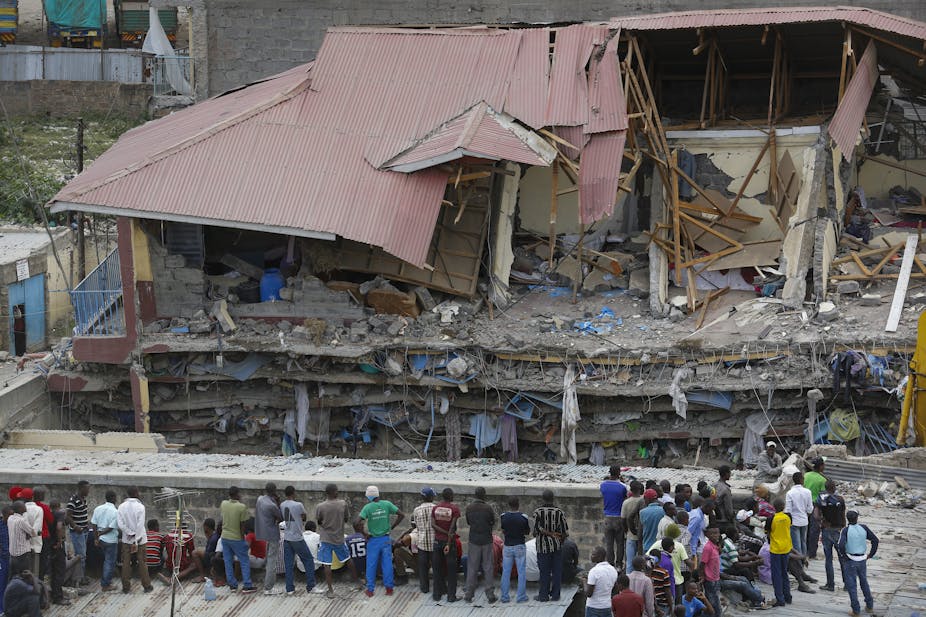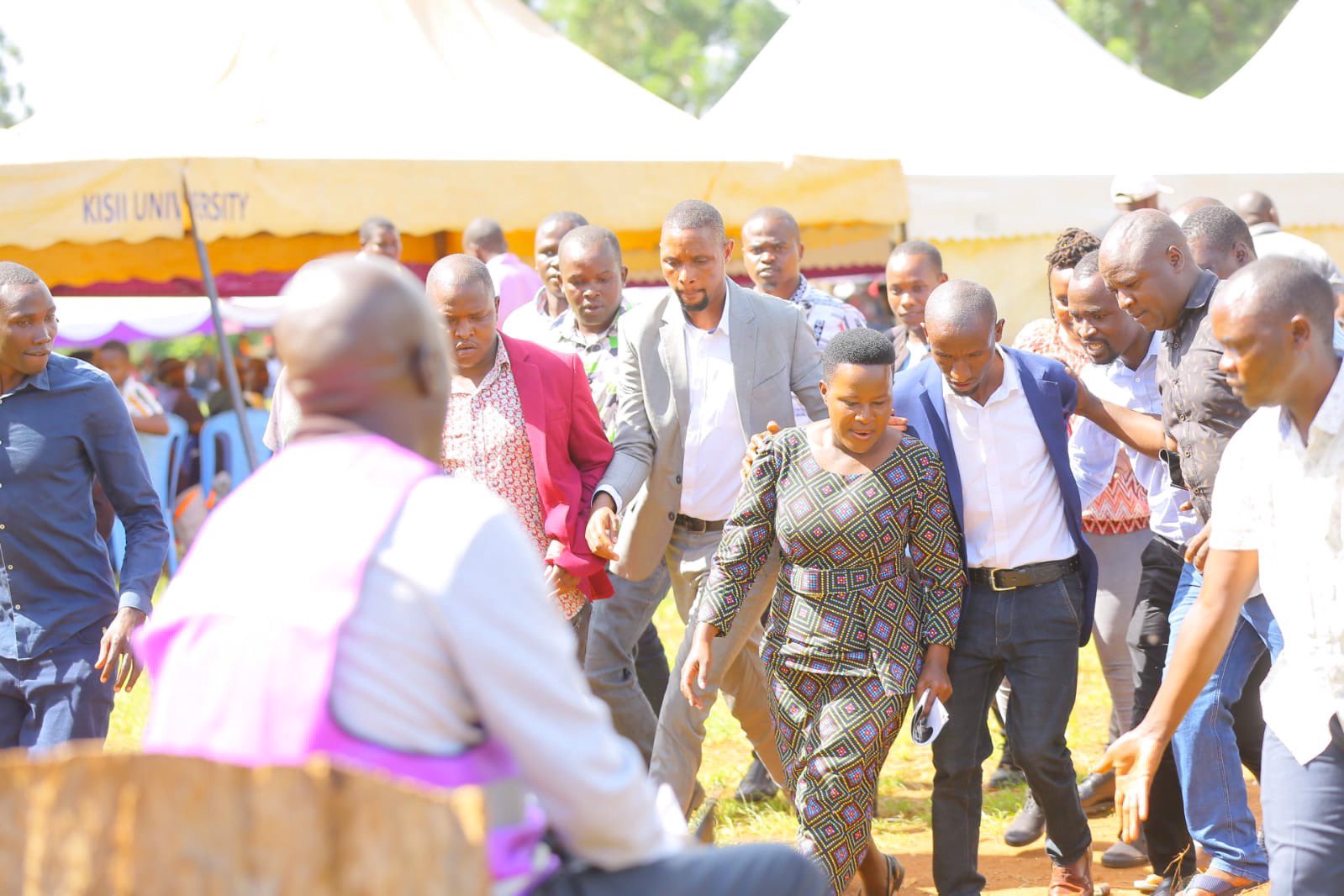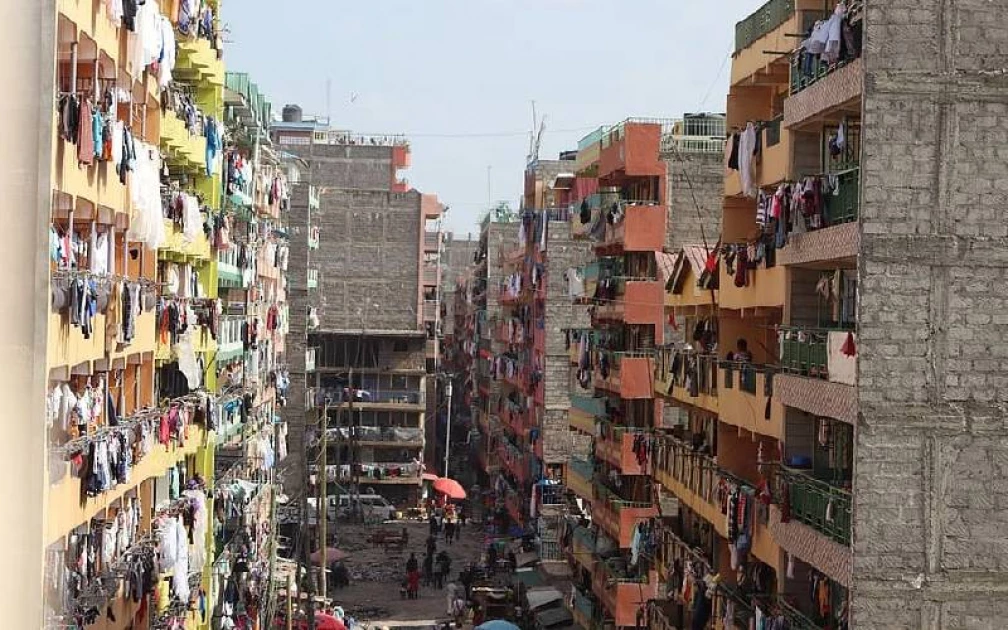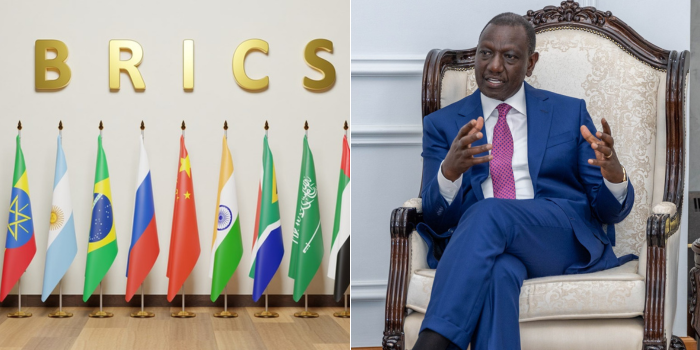Justice Delayed is Justice Denied: The Global Quest for Timely Justice
Explore the global quest for timely justice, highlighting innovative solutions and challenges faced by justice systems worldwide. From Kenya’s mobile courts to Estonia’s e-justice system, discover how the world is tackling the issue of delayed justice. Justice delayed is justice denied. Dive into the global quest for timely justice with insights from Kenya and beyond. Learn about innovative solutions like mobile courts and e-justice systems that are revolutionizing access to justice. Stay informed and engaged with our witty storytelling approach.

Imagine this: You’re in a bustling Nairobi market, haggling over the price of a juicy mango. Suddenly, you’re whisked away by a time machine, only to find yourself in a courtroom, waiting for a verdict that seems to be taking an eternity. Welcome to the world of delayed justice, where time stands still, and the wheels of justice turn slower than a matatu in rush hour traffic.
In Kenya, the phrase “justice delayed is justice denied” is more than just a catchy slogan; it’s a harsh reality for many. Picture this: John, a small-scale farmer from Kisumu, has been embroiled in a land dispute for over a decade. Every court date feels like a rerun of a bad TV show—same plot, different day. John’s story is not unique; it’s echoed in the lives of countless Kenyans who find themselves trapped in the labyrinth of the legal system.
But Kenya is not alone in this quagmire. Across the globe, justice systems are grappling with delays that leave citizens in a state of perpetual limbo. Take India, for instance, where the backlog of cases is so colossal that it would take centuries to clear at the current pace. Or the United States, where the average civil case can drag on for years, making the phrase “speedy trial” sound like a cruel joke.
So, what’s causing these delays? The reasons are as varied as the countries themselves. In Kenya, a shortage of judges and magistrates, coupled with outdated infrastructure, creates a perfect storm for delays. Meanwhile, in India, the sheer volume of cases, combined with procedural complexities, turns the judicial process into a marathon. And in the US, the high cost of litigation and the strategic delays employed by savvy lawyers add to the bottleneck.
But it’s not all doom and gloom. Around the world, innovative solutions are emerging to tackle this age-old problem. In Kenya, mobile courts are bringing justice to the people, quite literally. These roving courts travel to remote areas, ensuring that even the most marginalized communities have their day in court. It’s like a legal safari, but with gavels instead of binoculars.
Across the Atlantic, technology is playing a pivotal role in speeding up the wheels of justice. In Estonia, the e-justice system allows citizens to file cases online, track their progress, and even attend virtual hearings. It’s like having a courtroom in your pocket. Meanwhile, in the US, AI-driven platforms are helping to streamline case management, reducing the burden on overworked judges and clerks.
But let’s not forget the human element. Community legal clinics, like those in South Africa, are empowering citizens with the knowledge and resources they need to navigate the legal system. These clinics are the unsung heroes of the justice world, providing free legal advice and representation to those who need it most. It’s grassroots justice at its finest.
So, what can we learn from these global efforts? First, that justice is not a one-size-fits-all solution. Each country must tailor its approach to fit its unique challenges. Second, that innovation, whether through technology or community initiatives, is key to breaking the cycle of delays. And finally, that justice is a journey, not a destination. It requires constant vigilance, creativity, and a commitment to ensuring that every citizen, from Nairobi to New York, has their day in court.

In the end, the quest for timely justice is a global marathon, not a sprint. But with determination, innovation, and a touch of humor, we can ensure that justice is not just a distant dream, but a reality for all. So, the next time you find yourself waiting in line, whether for a mango or a court date, remember: justice may be slow, but it’s worth the wait.
What's Your Reaction?






































































































